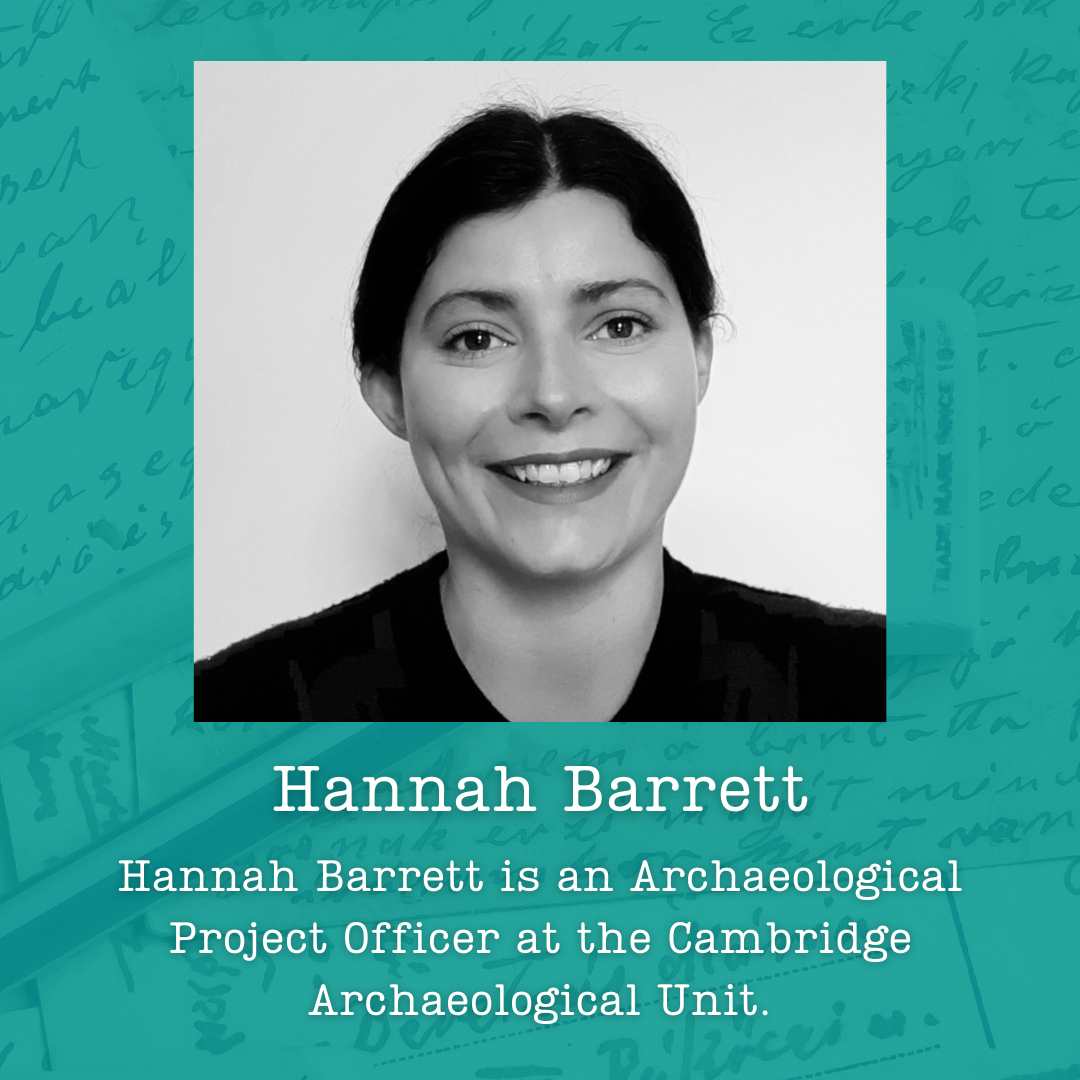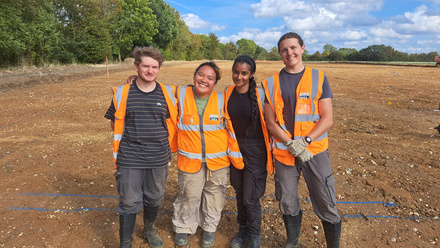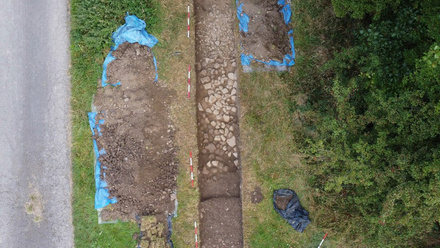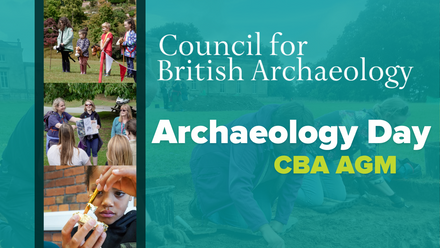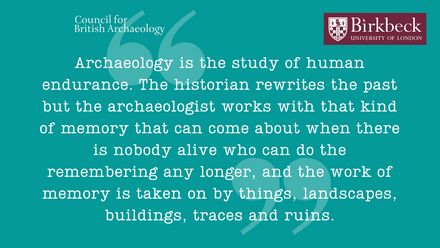Letter to a Young Archaeologist September 2022
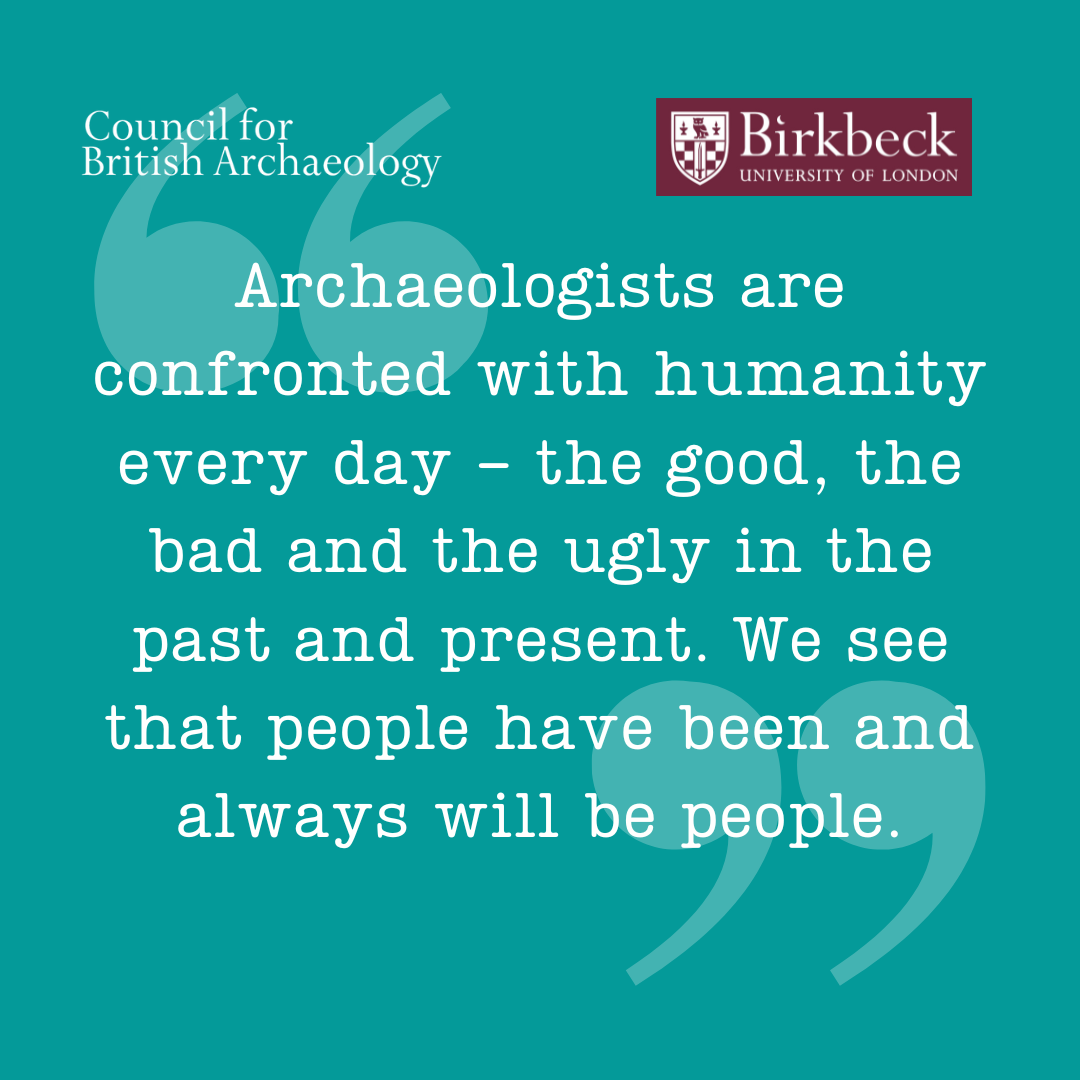
To young archaeologists,
Archaeologists are confronted with humanity every day - the good, the bad and the ugly in the past and present. We see that people have been and always will be people.
As an archaeologist you don’t just read about the lives of people in the past, you are able to touch them. You stand in their homes, find their treasured belongings, look through their rubbish, study grains that they harvested and often discover their skeletons. In this process you experience so many human moments. I’ve found a brooch at the bottom of a Roman well and imagined the frustration of the owner who dropped it; studied the skeleton of a newborn baby carefully buried in the corner of a home and thought of the grieving family; smiled at the discovery of cat pawprints in a tile and pictured a tile-maker chasing the cat out of his yard; excavated a huge ditch and appreciated the effort and energy that people who lived 5000 years ago put into creating the entire monument. It is comforting to realise that even though these people lived different lives from us, they experienced the same emotions and the importance of family, treasured belongings, status within communities, and that the creation of lasting legacies have always been important.
My first experience of fieldwork was as a 15-year-old at the Silchester Town Life Project with Reading University. The near perfect preservation of the Roman town is incredible and the finds fantastic. I went back summer after summer and loved every minute. However, what really prompted me to think about archaeology as a job was the people I met. So many people from different walks of life, countries and aged 16-80+ worked enthusiastically together when put in a field with the most basic of facilities. 15 years on I still feel lucky to work with such a range of people including commercial archaeologists from all over the world, university professors, soldiers recovering from the effects of time in war-torn countries, children, and people with physical and mental disabilities. The outdoor, all-consuming nature of fieldwork draws in and satisfies so many.
The field teams are always made up of people, not machines. Whilst we can use machines to help with shifting topsoil and creating a digital record there are no machines that can work out where to dig, excavate and interpret a single slot let alone a whole site. As a site director, to have a team ready to accurately excavate and record a site to a stringent commercial deadline or an ambitious research agenda you have to be acutely aware of and work on individual strengths and weaknesses, interests and ambitions and often personal struggles as well as team dynamics. As a digger I was lucky enough to work in many teams where we operated in that sweet spot: the director was clear and fair in their communication and instruction, we worked and improved quickly and efficiently to deliver a high-standard product on time and within budget. However, I also experienced projects where the human aspect had been forgotten and the archaeologists on site were treated like numbers, ignored or bullied. Not only did these projects lose a lot of time and money but sadly as a direct result many archaeologists seriously struggled with their physical and mental health and left the industry completely. As a site director I therefore remain conscious that though the pressures on us now to deliver commercial and research projects to tight budgets and deadlines are enormous, there are serious financial and emotional cost implications when we forget to be human.
Drawing on all these past experiences as an archaeologist, I am optimistic for the future. There are so many sites still to be excavated and with the pressures appropriately managed, archaeologists will continue to experience the sheer excitement, wonder, camaraderie and passion gifted to us by people, past and present.
Hannah
